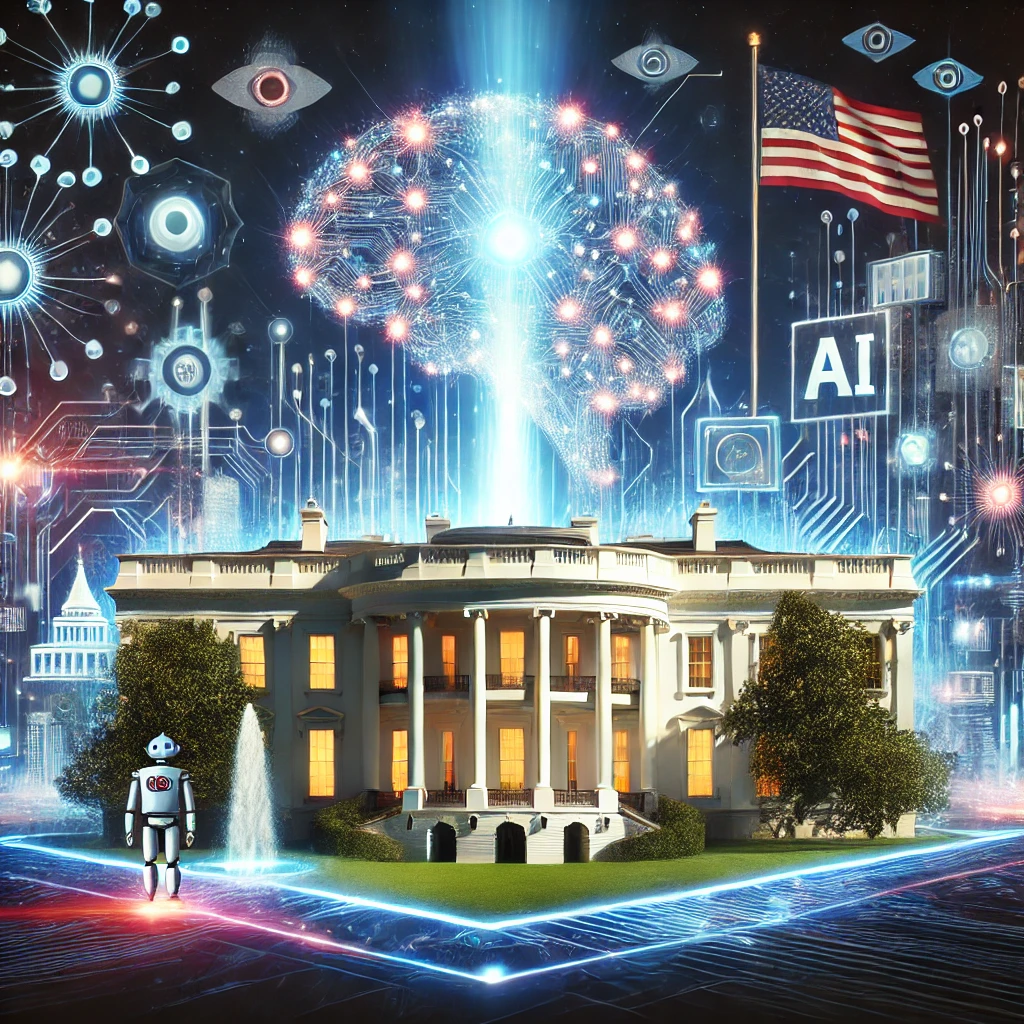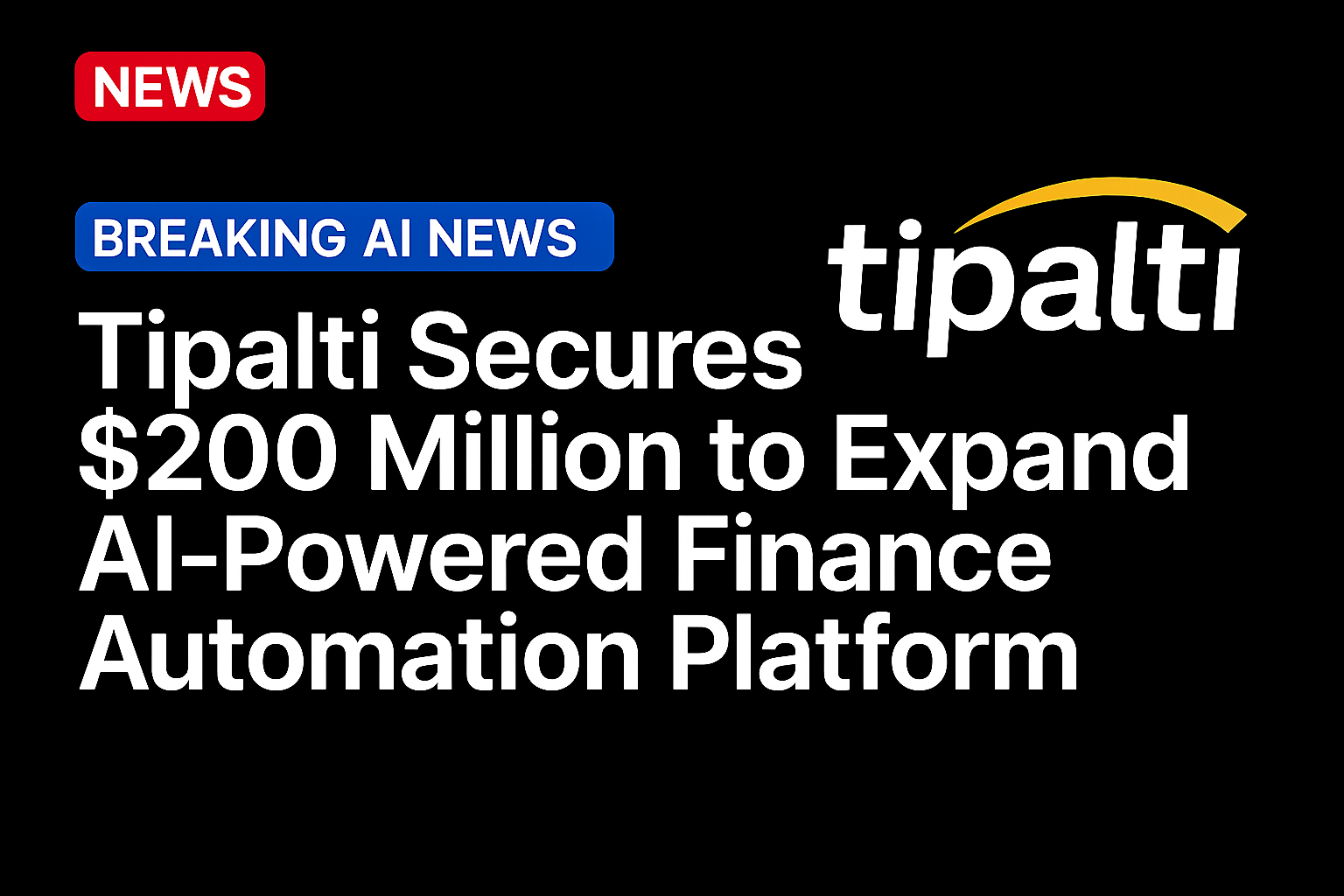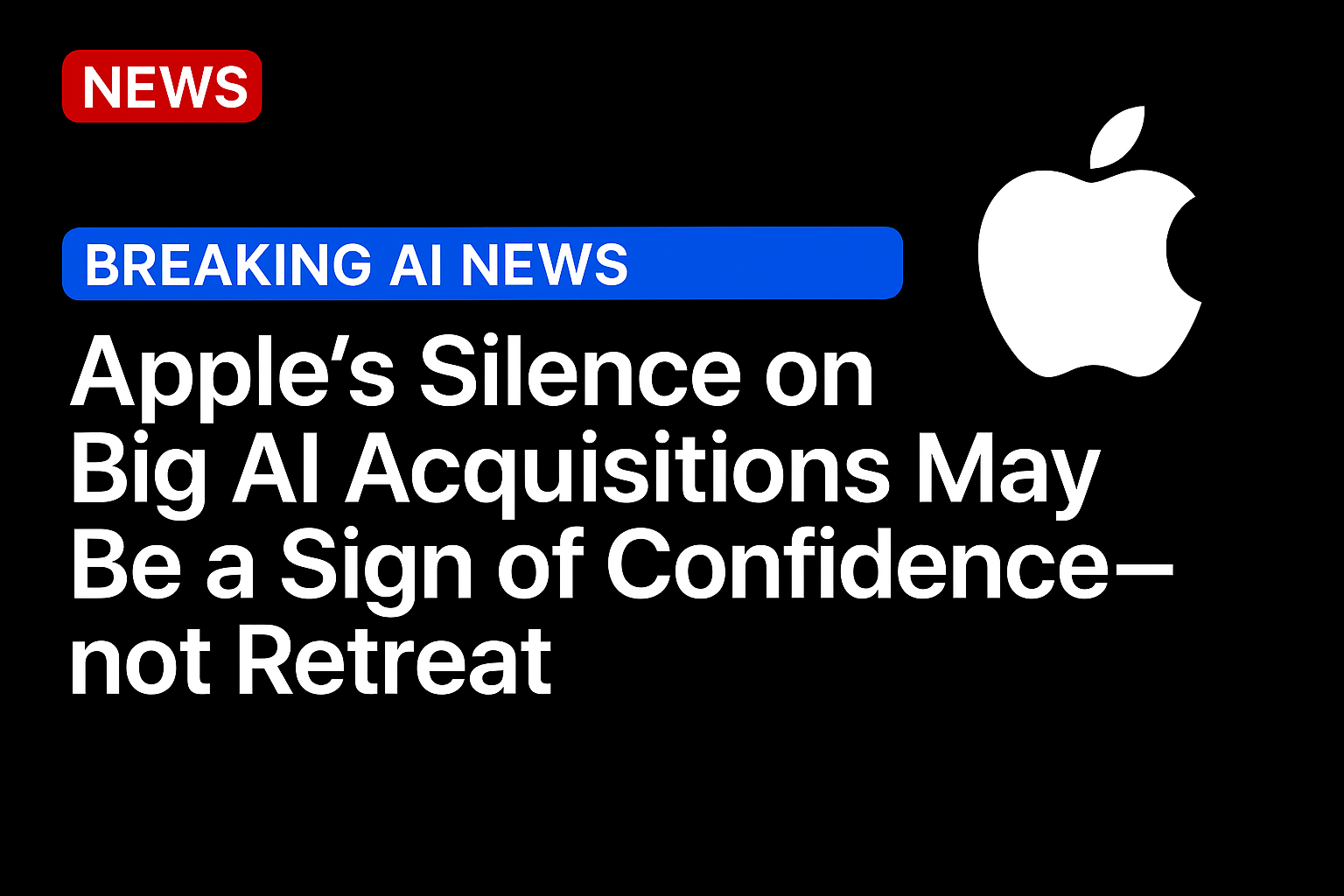As President-elect Donald Trump prepares to take office, his appointments to the White House Office of Science and Technology Policy (OSTP) are set to play a critical role in shaping the administration’s approach to artificial intelligence (AI). These policy decisions could have far-reaching implications for innovation, industry, and regulatory frameworks surrounding AI technologies.
Setting the Stage for AI Development
The OSTP has traditionally been instrumental in guiding federal strategies on emerging technologies. Under Trump’s leadership, the appointments are expected to focus on:
- Encouraging Private Sector Innovation: With a business-oriented administration, the focus may shift towards deregulation and incentivizing AI research and development within the private sector.
- Building Public-Private Partnerships: Collaborations between government agencies and leading AI companies could be prioritized to accelerate technological advancements and practical applications.
- National Security and AI: The administration may emphasize the use of AI in defense and cybersecurity, leveraging its potential to address complex challenges in national security.
- Education and Workforce Development: Policies might aim to address the workforce implications of AI by promoting STEM education and retraining programs for industries affected by automation.
Balancing Innovation with Regulation
While there’s optimism about fostering innovation, the Trump administration faces the challenge of ensuring that AI development aligns with ethical considerations and societal needs. This includes addressing concerns such as:
- Algorithmic Bias: Ensuring fairness and accountability in AI systems.
- Privacy and Data Security: Establishing guidelines for handling sensitive data.
- Economic Displacement: Mitigating the impact of automation on jobs and industries.
Potential Policy Directions
President-elect Trump’s tech policy appointments signal a potential shift in federal priorities. Key measures might include:
- Reducing regulatory barriers for AI startups and businesses.
- Increasing federal investment in AI research and infrastructure.
- Streamlining the approval process for deploying AI technologies in critical sectors like healthcare and transportation.
- Developing international collaborations to establish global standards for AI governance.
The Future of AI in the Trump Era
As the administration takes shape, its approach to AI policy will be closely watched by industry leaders, academics, and policymakers worldwide. The Trump administration’s stance on AI could either propel the U.S. to the forefront of technological leadership or risk falling behind in the global AI race. With the right balance of innovation and regulation, there is potential to unleash AI’s transformative power while safeguarding public interests.





